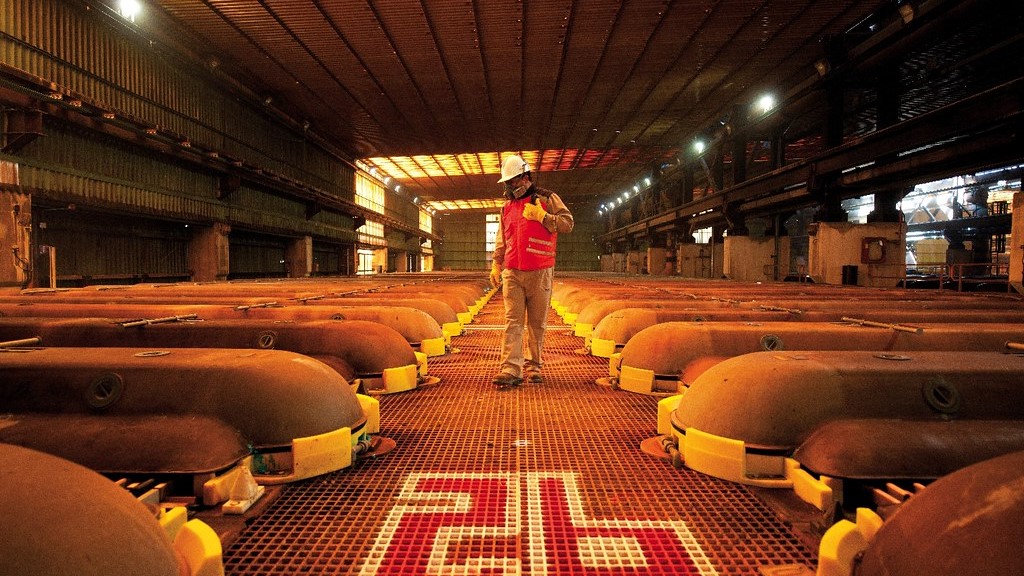Strike at BHP’s Chile copper mines continues, no end in sight

A strike by workers for BHP’s Escondida and Spence copper mines in Chile entered its fifth day on Monday, as the union awaited a decision by labor authorities over whether substitute workers the company called in are legal, a union leader told Reuters.
The 200-member union, which runs BHP’s Integrated Operations Center in Santiago, walked off the job last Thursday. Global miner BHP subsequently called in substitute workers keep the mine running, a move the union said violated their right to an effective strike.
BHP told Reuters in a brief statement that both Spence and Escondida “have adopted contingency plans to maintain its operation
“We are waiting for the audits in the DT (Labor Directorate) to address the issue of replacements,” said Jessica Orellana, president of the guild. She told Reuters that there had been no move to return to talks with BHP.
Workers for the union are considered contractors by BHP, which has raised questions about whether substitute workers can be hired to replace them during a strike. Chilean labor law in some cases forbids such replacements.
BHP told Reuters in a brief statement that both Spence and Escondida “have adopted contingency plans to maintain its operations, always fully respecting the legal framework governing collective bargaining.”
The strike at Escondida, the world’s largest copper mine, and at the smaller Spence comes as copper prices have spiked amid soaring demand as the world’s largest economies revive following more than a year of coronavirus-induced stagnation. The rising prices have given additional leverage to organized labor at Chile’s sprawling copper mines.
Since the start of the strike, BHP has not reported on the status of production at either of its operations.
The remote operations workers have held small protests in Santiago since walking off the job.
A separate union of workers at the Spence mine also rejected a contract offer by BHP late last week, and will enter a final round of government-mediated talks in a bid to stave off its own strike, union president Ronald Salcedo told Reuters.
(By Fabian Cambero and Dave Sherwood; Editing by David Gregorio)
{{ commodity.name }}
{{ post.title }}
{{ post.date }}




Comments